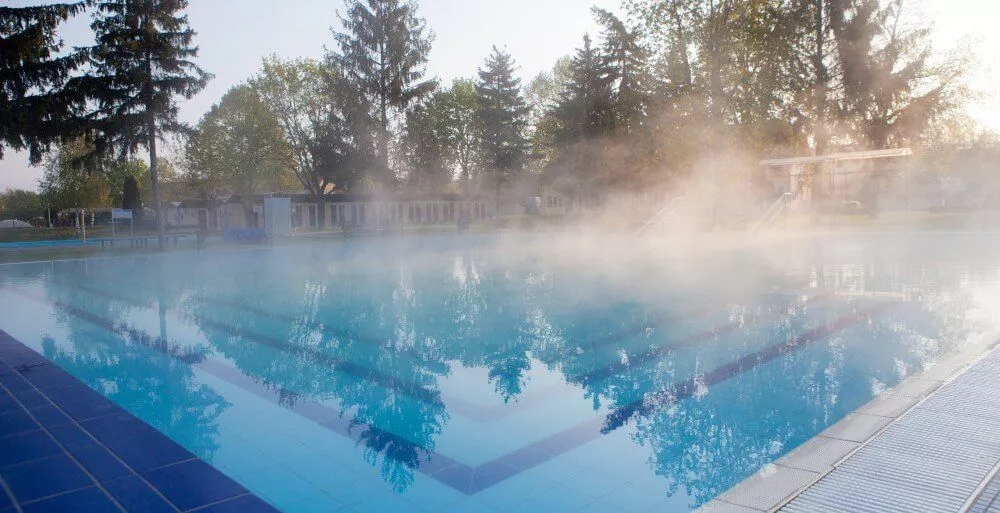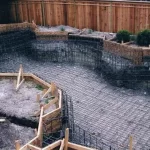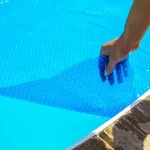
There are two basic types of pool heaters, gas and electric. Gas heaters use a natural gas line or propane tank to heat the water in the pool. These heaters require professional installation and ongoing maintenance. Gas heaters may require winterizing depending on your location. Electric heaters are more energy efficient than gas heaters. Both types require maintenance and cleaning. It’s a good idea to schedule maintenance visits once or twice per year depending on how frequently you use the heater.
Electric pool heaters use energy from an external source to generate heat. This type of heater is most common in small pools, but can be quite expensive to operate on a regular-sized pool. These heaters work by drawing energy from a power source to heat a resistor. When the target temperature is reached, water flows back through the heating element and cools down. The cycle repeats.
Gas pool heaters work well during warm weather, but they struggle in cold weather and need a temperature of at least 45 degrees to heat water. For this reason, they are best for occasional chilly pools and do not work well year-round. Electric heaters, on the other hand, are best for keeping the pool warm during hot weather.
If you’re looking for a cheaper option, consider a propane heater. These are energy-efficient and can heat pools up to 18,000 gallons. The Hayward model can be plugged into either a left or right-side outlet. Solar panels are also an option for pool heating.
Another type of pool heater is an electric heat pump. These work by extracting heat from the air and using a condenser and evaporator to warm the water. They’re considered the most environmentally friendly and energy-efficient option, but can be quite expensive up front. Electric heat pumps don’t work as efficiently in colder weather. A minimum temperature of 55 degrees Fahrenheit is needed to warm swimming pools.
Gas pool heaters are a popular option for pools in colder climates. They produce more heat in a shorter time than electric heaters. But they’re also more expensive to operate, as they use natural gas or propane. You’ll also need to have a natural gas line near the pool.
The size of your pool is also an important consideration. A small pool heater may be less expensive, but will still need a large amount of energy to heat the water. It may also not be able to keep your pool a swimmable temperature on cool days. You’ll also need to consider the cost of installation and maintenance.
Gas and propane pool heaters are usually the most convenient option for pool owners, although the energy-efficient solar pool heater requires a solar panel or collector. If your pool is always sunny, it might be a good idea to consider one of these heaters.










